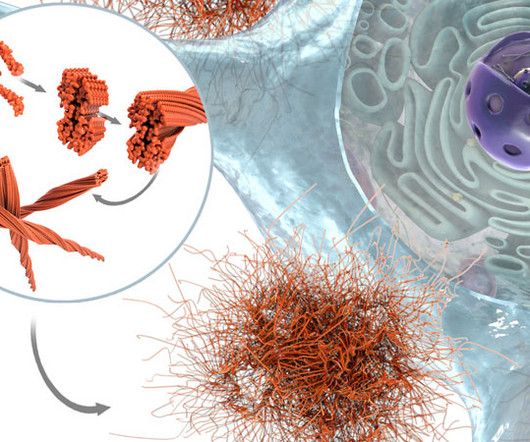Three biggest threats to healthcare
World of DTC Marketing
APRIL 7, 2022
Obesity costs our health care system $147 billion per year, yet there is a movement underway to tell HCPs not to weigh patients during routine visits. Launch prices of new cancer drugs in the U.S. Food and Drug Administration (FDA). adults aged 20 and older are either overweight or obese. billion in 1970.












Let's personalize your content